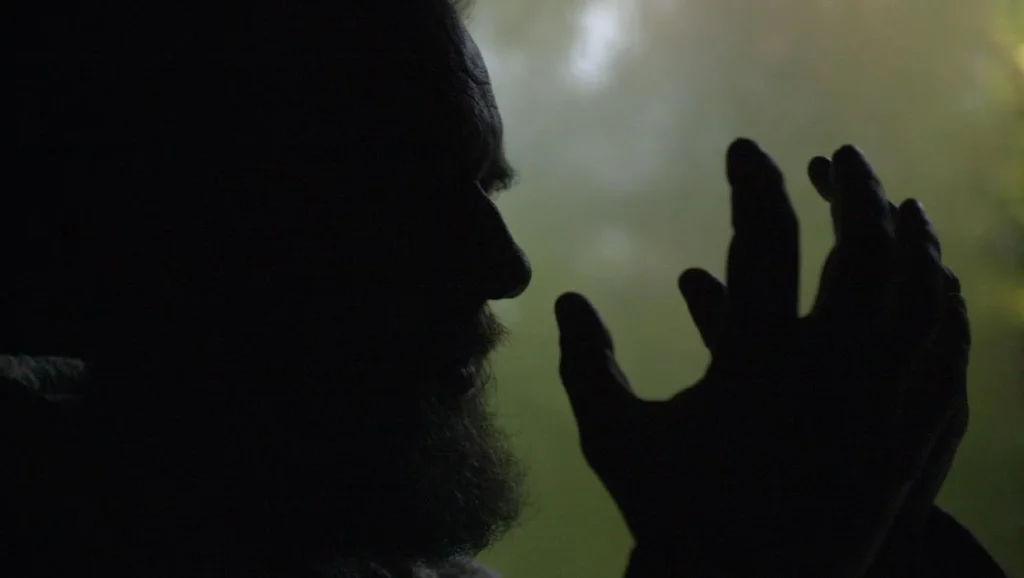Abuse in Care: Police prosecuted fewer than 1 in 10 referred cases
Police have prosecuted fewer than one in ten of the cases referred from the Royal Commission of Inquiry into Abuse in Care.
The sexual harm helpline can be accessed free, 24 hours a day, 7 days a week by phone, text, website, online chat and email.
After decades hoping for change, one of the first abuse in care survivors to speak out has died before he could see it happen. His family and friends say survivors have had to wait too long. MADDY CROAD reports.

Christina flicks through her folder of newspaper clippings until she stops at story from June 2002.
“This was dad’s article,” she says.
Headlined Gagged by the Church, it was thought to be the first time a confidential settlement involving the Catholic Church had been made public in New Zealand, and one of the first times a survivor had spoken publicly about their abuse.
Patrick* was just 9 when he was sexually abused by a brother of St John of God at Marylands, a school for those with learning disabilities.
He was one of the 537 boys at the Christchurch school. According to the recently-published report of the Royal Commission of Inquiry into Abuse in Care, 118 of those boys reported being abused.
Friend and survivor advocate Ken Clearwater remembered the weeks after Patrick’s article was published. Between himself and the police, they received over 130 phone calls from men who attended Marylands.
“That’s what opened up the abuse by Catholics here in New Zealand.”
Clearwater says Patrick had just one hope from speaking out ‒ that it would “stop [abuse] happening to other little boys”.
Christina says her dad never spoke much about his abuse, but she saw how it affected him. The depressions, the breakdowns, how he could never keep a job or trust anyone.
“He told me that the memories would keep replaying in his mind.”
Christina spent five years in foster care herself as a child. Neither of her parents had anywhere to go for support, so she ended up in foster care at the same age her father was abused.
It’s not something she blames her father for, her blame lies with the system. She believes if Patrick wasn’t abused, or if he’d gotten support for his trauma, his life would have been different.
“He would have been able to help me a bit more growing up. I think that he felt like he fell short of that at times, but he did the best he could.
“I know my father and the others could have achieved so much more in their lives if the abuse never happened.”
Christina moved in with her parents as her dad pushed through the last few months of his two-year journey with emphysema. He died on August 16.
After seeing the life her dad had, she’s begging the Government to provide the support he never received.
“What he wanted to see change, was that this abuse stops.”
The royal commission happened only after decades of advocating by survivors.
It’s findings were released on July 24, revealing about 250,000 Kiwis were abused in state or faith-based care.
None of its 138 recommendations have been implemented yet, nor has there been any redress for survivors.
Clearwater says “all of them” have been waiting too long.
“These men that I work with have been carrying this trauma for 50 or 60 years.
“We’ve got a lot of angry men out there … who just don’t know what’s happening, who are wondering if it was a waste of time going through the royal commission.”
The support group Patrick was a part of has about 60 male survivors needing help, but there’s no money to help them.
“This is something that should’ve been set up right at the beginning of the royal commission.
“The only resource we have is prison.”
In Patrick’s final months, a park named after Marylands was renamed Validation Park in honour of the school’s survivors.
When Clearwater went to take Patrick to the park, so he could see what he’d helped make happen, he was too sick to even get to the door.
Too many survivors like Patrick have spent decades waiting for change, Clearwater says.
“It’s got to be now.”
As Christina reflects on her time with her dad, she proudly speaks about the article he did in 2002 and flicks through the articles that followed.
She describes Patrick as the “kindest person”, nice to everyone he met. “He had a big heart.”
One day, when her own daughter is old enough, Christina will tell her what her granddad went through.
* Patrick is the pseudonym he used when he first told his story in 2002.